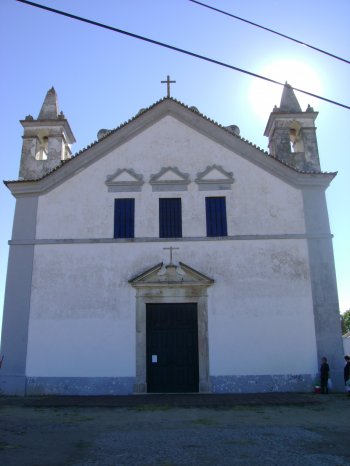Explore the best places
Monuments in Serpa
Ermida de Nossa Senhora de Guadalupe / Ermida de São Gens
- heritage
Salvador
7830, Serpa
The temple has a typology identical to the chapels built in Baixo Alentejo throughout the 16th century.
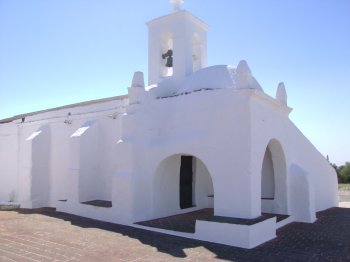
Ermida de Santa Luzia
- heritage
EN255
7750-383, Pias
Built in the Modern Age, this small chapel has a façade with a side bell tower and a single vaulted nave. The supporting pillars of the triumphal arch have Manueline bases and capitals. The fresco paintings in the side chapels inside the chapel are notable.
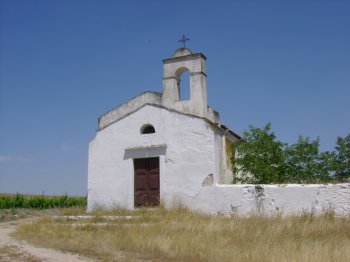
Convento e Igreja de São Paulo / Mosteiro de Nossa Senhora da Consolação / Hospital de São Paulo
- heritage
Largo de São Paulo
7830-386, Serpa
Both the church and the convent were built by São Paulo friars from Serra de Ossa. The architecture is varied, with plain, baroque, and rococo styles.
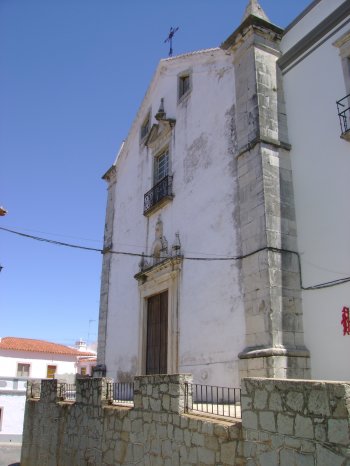
Igreja Paroquial do Salvador / Igreja de São Salvador
- heritage
Largo do Salvador
7830-330, Serpa
The temple boasts a variety of architectural touches, including Mannerist, Baroque, and Rococo. The sacristy lavatory stands out, decorated with shells, cartouches, and scrolls from the Rococo period.
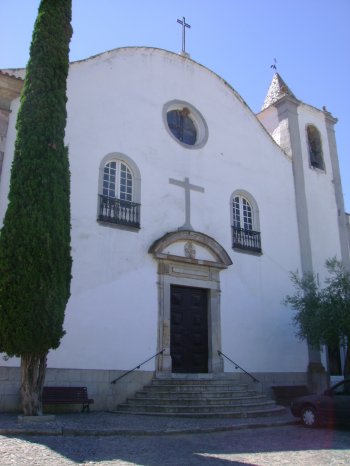
Igreja de Santa Maria / Igreja Matriz de Serpa
- heritage
Largo dos Santos Próculo e Hilarião
7830-385, Serpa
A Gothic and Mannerist temple, built in the 14th century. The 17th-century tiles in the chancel, intended as the Melos family pantheon, are notable. The interior features three naves separated by pierced arches over clusters of columns.
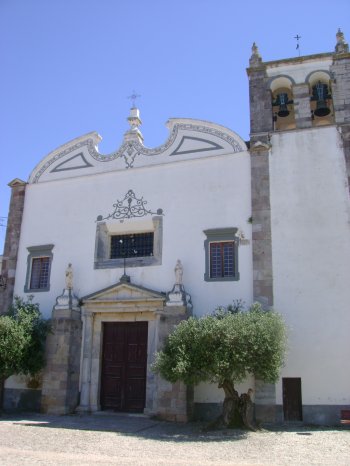
Castelo de Serpa
- heritage
Largo dos Santos Próculo e Hilarião
7830-428, Serpa
Serpa Castle is part of the historic center. The fortification stands 230 meters above sea level and is an integral part of Serpa's walled structure, built by King Dinis.
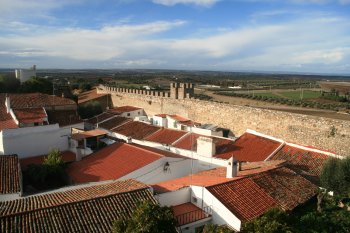
Igreja de São Francisco
- heritage
Largo de São Francisco
7830-386, Serpa
A single-nave church preceded by a large galilee with a Mudejar-style finish, built in 1463 by the Duke of Beja (Infante D. Ferdinand) for the Xabregano friars. It was rebuilt during the reign of King Manuel. Notable are the recessed, coffered vaults of the galilee, chancel, cloister, and chapter house. Also note the unusual layout of the small cloister and the 17th-century tiles.
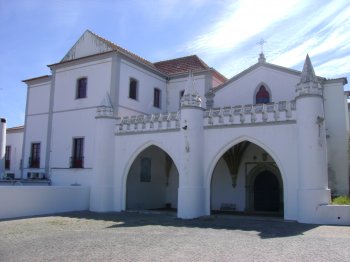
Muralhas de Serpa
- heritage
Rua das Portas de Beja
7830-431, Serpa
This military fortification existed since Roman times, but there is no record of its destruction or reconstruction. The current fortification of Serpa was built by King Dinis and consisted of a powerful castle and a double-towered wall. Significant sections of the wall remain, notably the one topped by a long aqueduct arcade, which extends to a monumental Moorish waterwheel. During the War of the Spanish Succession, the fortress suffered extensive damage. Of particular note are the Moura and Beja Gates and the imposing manor house of the Marquises of Ficalho.
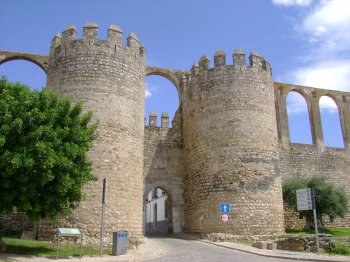
Convento de Santo António / Convento de São Francisco
- heritage
Estrada de São Francisco
7830-415, Serpa
A convent reflecting Manueline, Mannerist, and Baroque architecture. Its origins are Gothic, with notable highlights including the inscribed portal and triumphal arch. Baroque elements emerge in the decoration, especially in the ceiling painting.
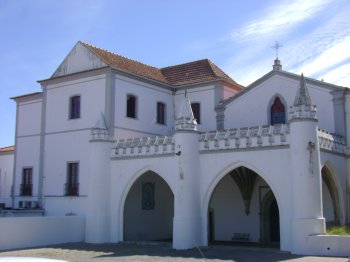
Igreja de São Bento
- heritage
EN392
7830, Aldeia Nova de São Bento
Mannerist Chapel and popular. The Church draws on various characteristic elements of Mannerist tradition.
